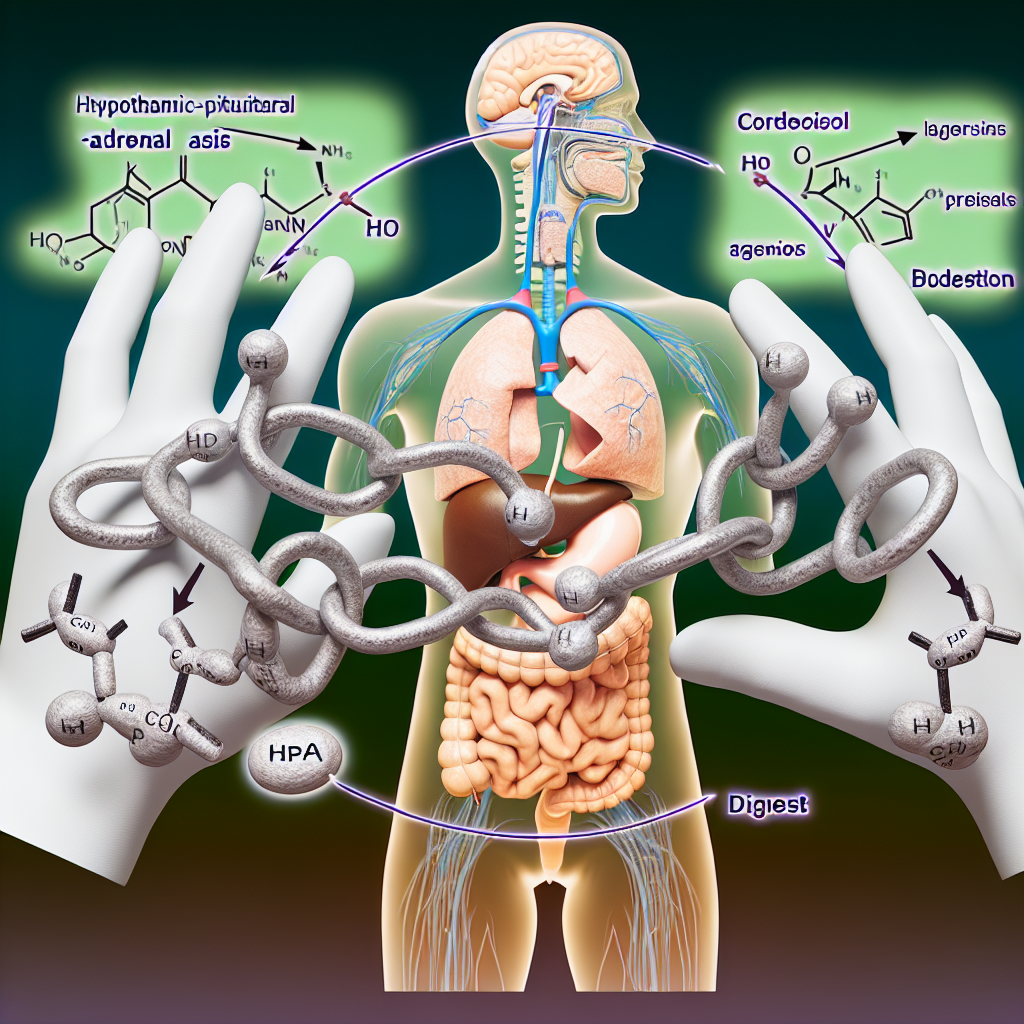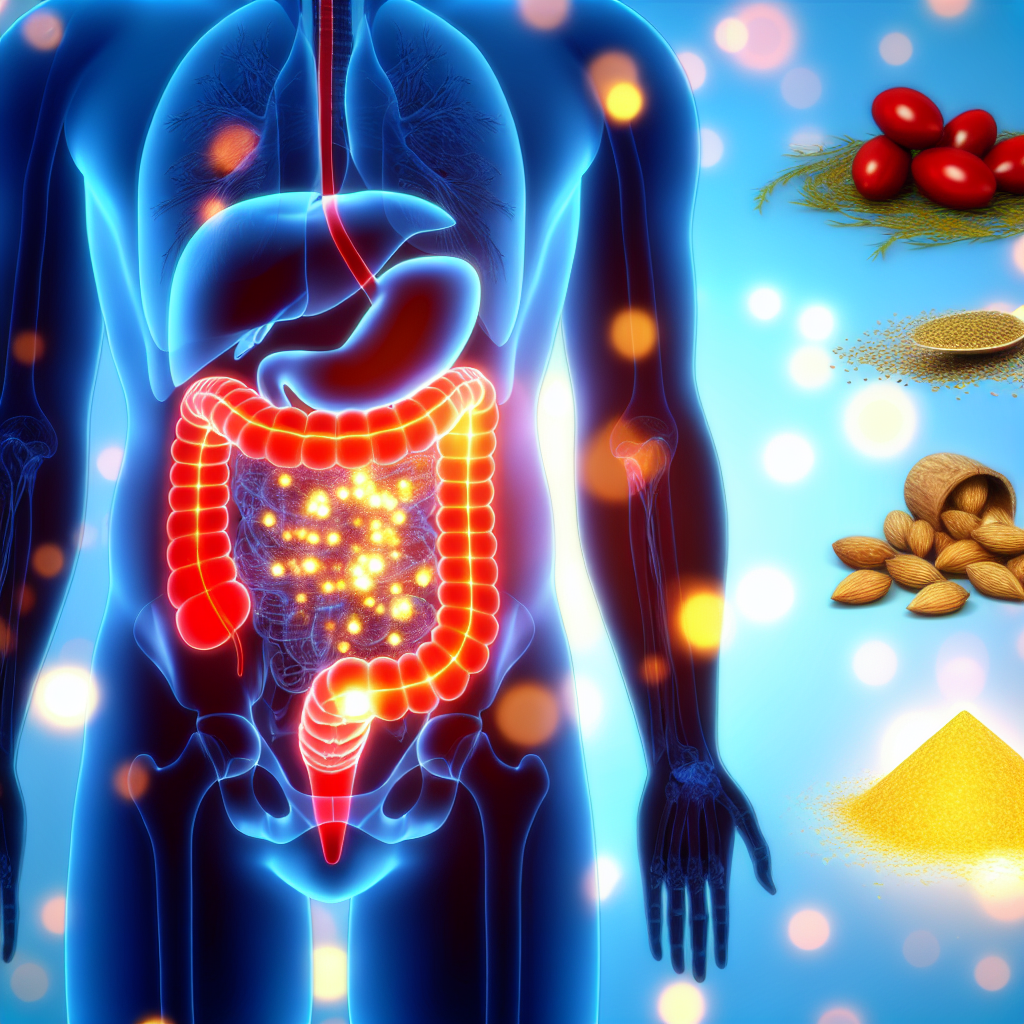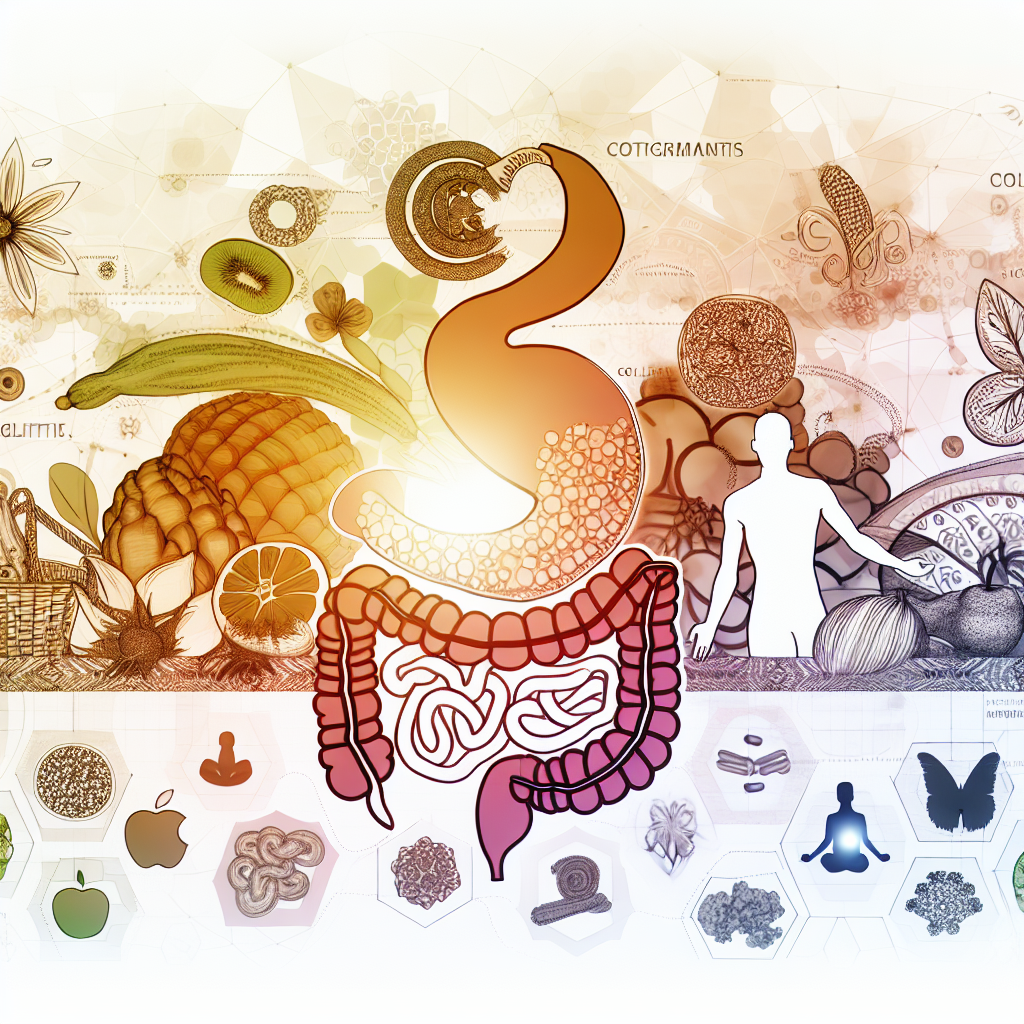The HPA Axis and Digestion: Breaking the Stress-Gut Dysfunction Cycle
Introduction
Stress and digestion share a powerful, intertwined relationship that is often misunderstood. At the center of this connection lies the hypothalamic-pituitary-adrenal (HPA) axis, a critical system that governs our body’s response to stress. When functioning properly, the HPA axis helps regulate digestion, metabolism, and immune function. However, chronic stress can disrupt this delicate balance, leading to gut dysfunction and a host of digestive disorders, ranging from irritable bowel syndrome (IBS) to leaky gut syndrome.
The modern lifestyle predisposes many individuals to constant low-grade stress, which can keep the HPA axis in a state of overactivation. When stress becomes chronic, the body continuously releases cortisol, a key stress hormone that influences gut motility, intestinal permeability, and microbial diversity. High cortisol levels slow digestion, increase inflammation, and contribute to microbiome imbalances, creating a cycle of gut dysfunction that worsens over time.
Scientific studies have demonstrated that stress-induced gut issues are more than just discomfort; they have profound effects on nutrient absorption, immune regulation, and even mental health. The gut-brain axis, a bidirectional communication network between the digestive system and the brain, plays a key role in maintaining overall well-being. When stress upsets this connection, individuals may experience gut dysbiosis, reduced gut motility, and increased susceptibility to digestive disorders.
Fortunately, there are holistic, natural treatments that can help reduce stress and restore gut health. Adaptogenic herbs such as ashwagandha and rhodiola, probiotics, mindfulness techniques, and gut-healing diets can help regulate the HPA axis and mitigate the effects of chronic stress on digestion. By understanding the HPA axis’s role in digestion and adopting natural strategies to break the stress-gut dysfunction cycle, individuals can restore balance to their digestive health while improving overall well-being.
In this article, we will explore the science behind the HPA axis’s influence on digestion, discuss medical studies that highlight this connection, and provide natural solutions to restore gut health while reducing chronic stress.
The Science Behind the HPA Axis and Digestion
The HPA axis is the body’s central stress response system, composed of the hypothalamus, pituitary gland, and adrenal glands. When the brain perceives stress, the hypothalamus signals the pituitary gland to release adrenocorticotropic hormone (ACTH), which then stimulates the adrenal glands to produce cortisol and adrenaline. While these hormones help the body respond to short-term threats, chronic activation of the HPA axis can disrupt digestive function.
Medical Studies on Stress and Gut Health
Several studies have explored how HPA axis dysregulation affects the gut:
– Stress and Gut Microbiome: A study published in *Nature Reviews Gastroenterology & Hepatology* highlights that chronic stress alters the composition of the gut microbiome and reduces microbial diversity, leading to dysbiosis—an imbalance of good and bad bacteria in the gut [(Cryan et al., 2019)](https://www.nature.com/articles/s41575-018-0097-4). Dysbiosis is linked to digestive issues such as bloating, diarrhea, and constipation.
– Cortisol and Intestinal Permeability: Research in *Psychoneuroendocrinology* has shown that elevated cortisol levels can weaken the intestinal lining, leading to leaky gut syndrome, where toxins and undigested food particles escape into the bloodstream and trigger inflammation [(O’Mahony et al., 2017)](https://www.sciencedirect.com/science/article/pii/S0306453017301374). This inflammation can exacerbate symptoms of IBS and other gastrointestinal disorders.
– HPA Axis and IBS: A study in *Gut* found that individuals with irritable bowel syndrome (IBS) experience increased HPA axis activity, suggesting that persistent stress plays a crucial role in the development and severity of IBS symptoms [(Stasi et al., 2019)](https://gut.bmj.com/content/68/3/498). Patients with IBS often have abnormal cortisol responses, indicating a dysregulated stress response that worsens gut dysfunction.
While these studies confirm the negative effects of stress on digestion, they also highlight the potential for interventions targeting the HPA axis to relieve digestive distress.
Natural Strategies to Break the Stress-Gut Dysfunction Cycle
1. Adaptogenic Herbs: Nature’s Stress Relievers
Adaptogens are natural substances that help the body cope with stress by modulating the HPA axis. Some of the best adaptogens for gut health include:
– Ashwagandha: Lowers cortisol levels, reducing the impact of stress on digestion [(Chandrasekhar et al., 2012)](https://pubmed.ncbi.nlm.nih.gov/23439798/).
– Rhodiola Rosea: Supports the adrenal glands and enhances gut motility.
– Holy Basil (Tulsi): Contains anti-inflammatory properties that protect the gut lining.
2. Probiotics and Fermented Foods: Restoring Gut Balance
Probiotics help restore a healthy balance of gut bacteria, counteracting HPA axis-induced dysbiosis. Studies show that probiotic strains such as Lactobacillus and Bifidobacterium can reduce cortisol levels and improve gut function [(Dinan et al., 2013)](https://www.ncbi.nlm.nih.gov/pmc/articles/PMC4045285/).
3. Mindfulness-Based Stress Reduction (MBSR): Relax Your Mind, Heal Your Gut
Mindfulness meditation and deep breathing exercises help reduce HPA axis activation. A study in *Psychosomatic Medicine* found that meditation reduces cortisol levels, which can improve digestion and ease gut symptoms [(Creswell et al., 2014)](https://journals.lww.com/psychosomaticmedicine/fulltext/2014/01000/mindfulness_meditation_training_effects_on_cd4_t.3.aspx).
4. Gut-Healing Diet: Nourish Your Digestive System
A diet rich in anti-inflammatory foods such as bone broth, turmeric, ginger, and omega-3 fatty acids may help repair the gut lining and mitigate stress‘s impact on digestion. Avoiding processed foods, sugar, and artificial additives can further support gut healing.
5. Sleep Optimization: Recharge for Better Digestion
Poor sleep exacerbates HPA axis dysfunction and worsens gut health. Prioritizing 7-9 hours of quality sleep helps regulate cortisol levels and supports digestion. Magnesium supplements and herbal teas like chamomile and valerian root can promote relaxation.
Conclusion: Restoring Balance for Optimal Gut Health
The HPA axis plays a pivotal role in digestion, and chronic stress can significantly disrupt gut function, leading to imbalances such as dysbiosis, I

Dominic E. is a passionate filmmaker navigating the exciting intersection of art and science. By day, he delves into the complexities of the human body as a full-time medical writer, meticulously translating intricate medical concepts into accessible and engaging narratives. By night, he explores the boundless realm of cinematic storytelling, crafting narratives that evoke emotion and challenge perspectives.
Film Student and Full-time Medical Writer for ContentVendor.com



